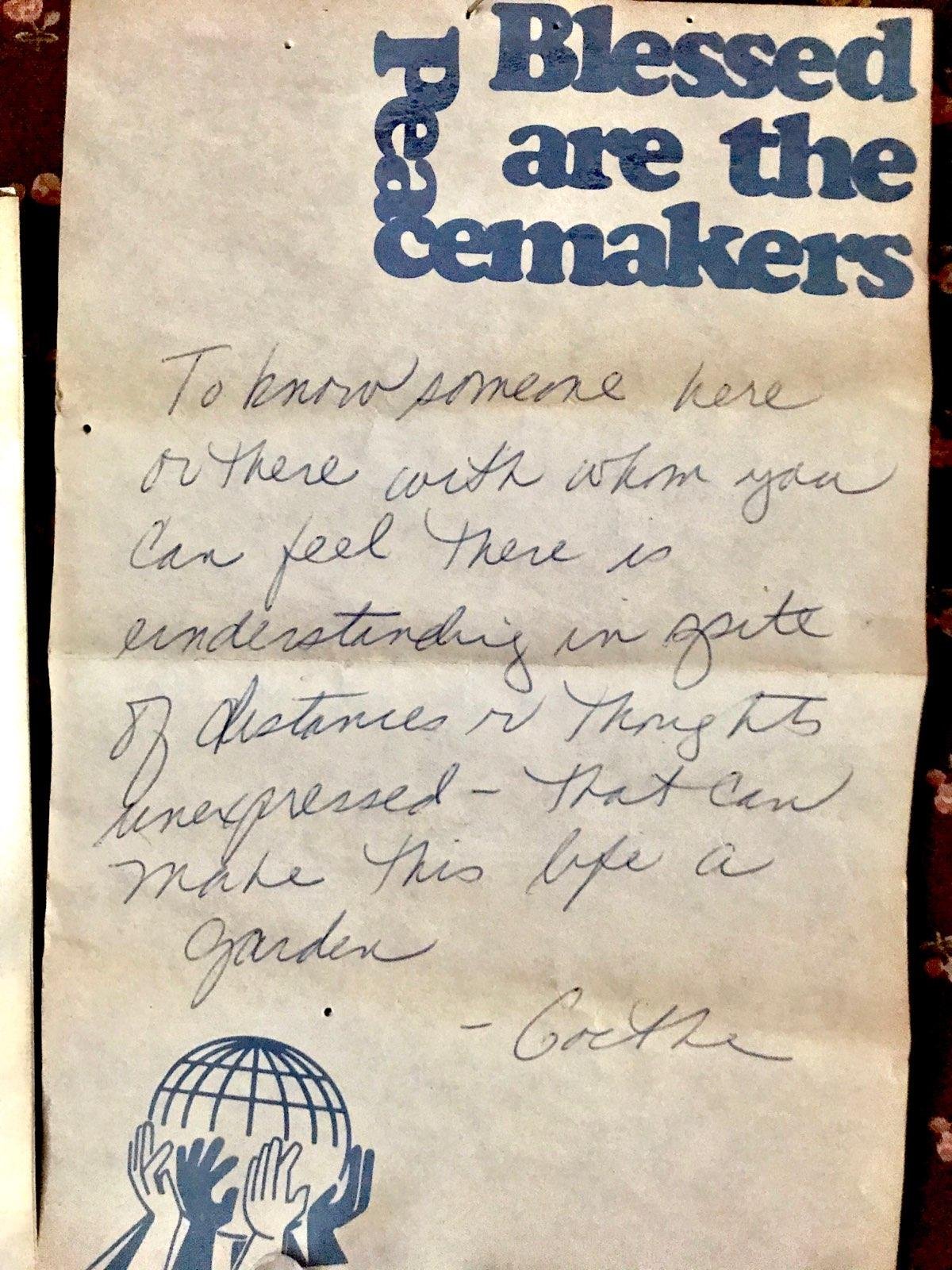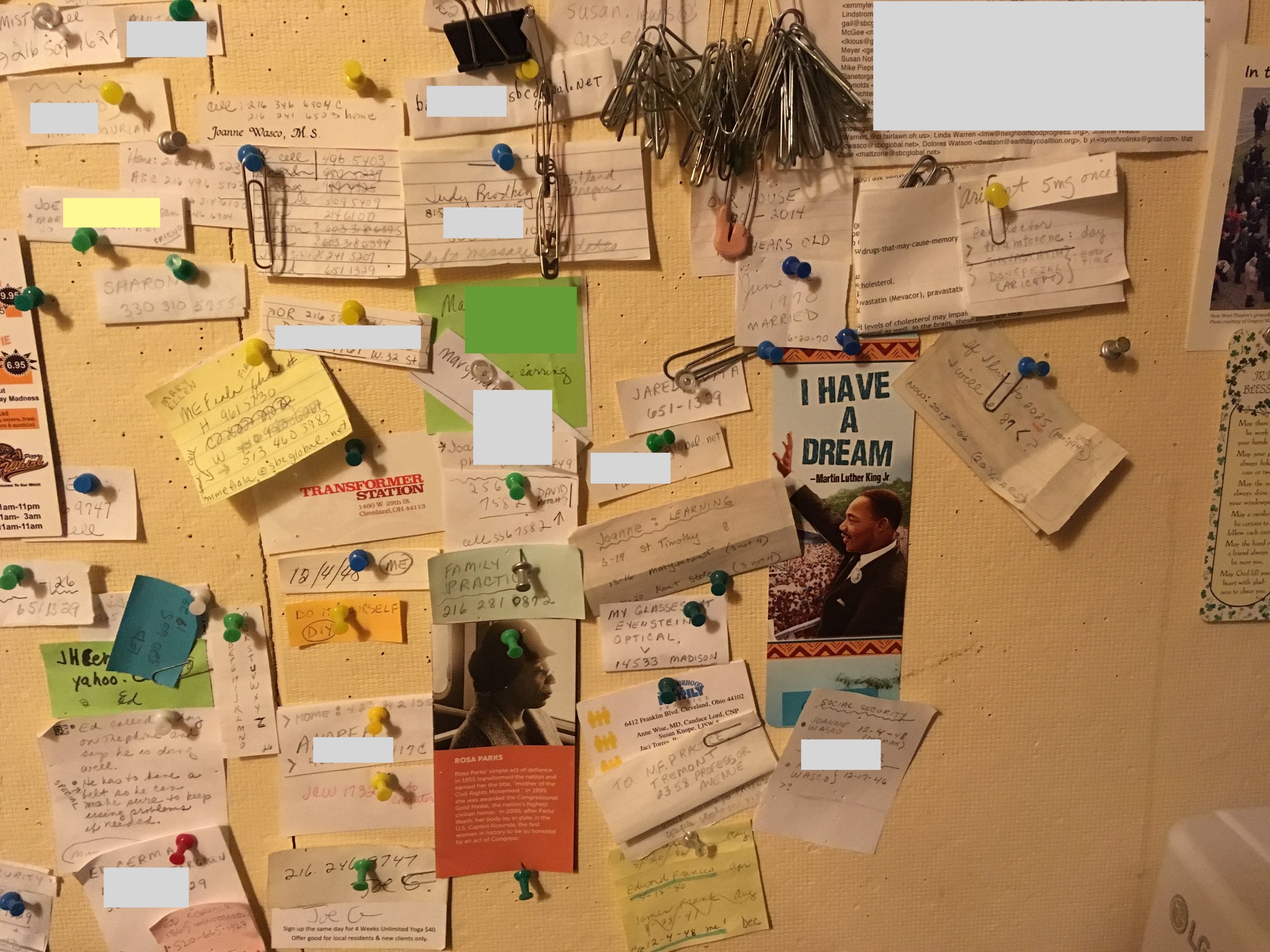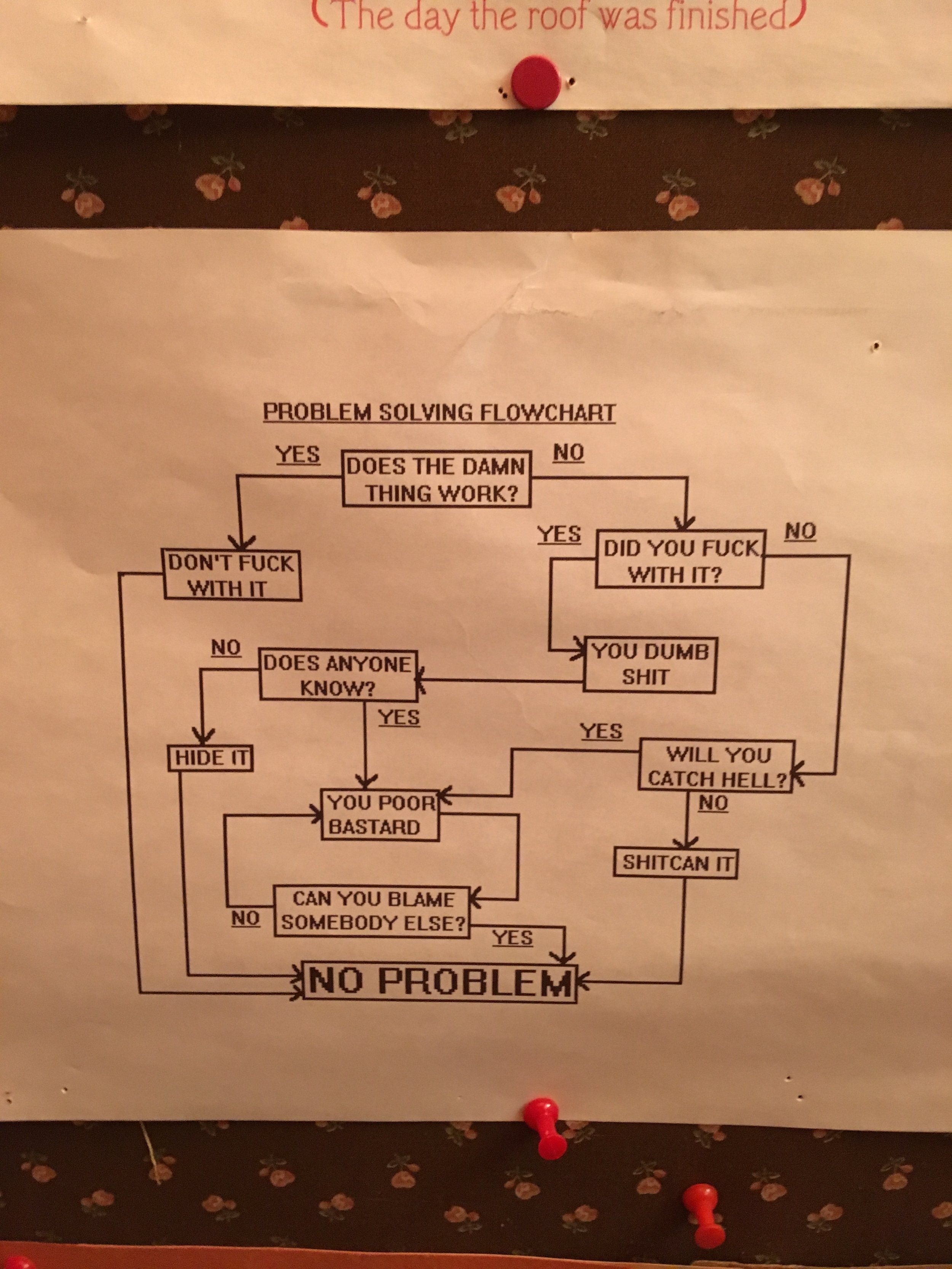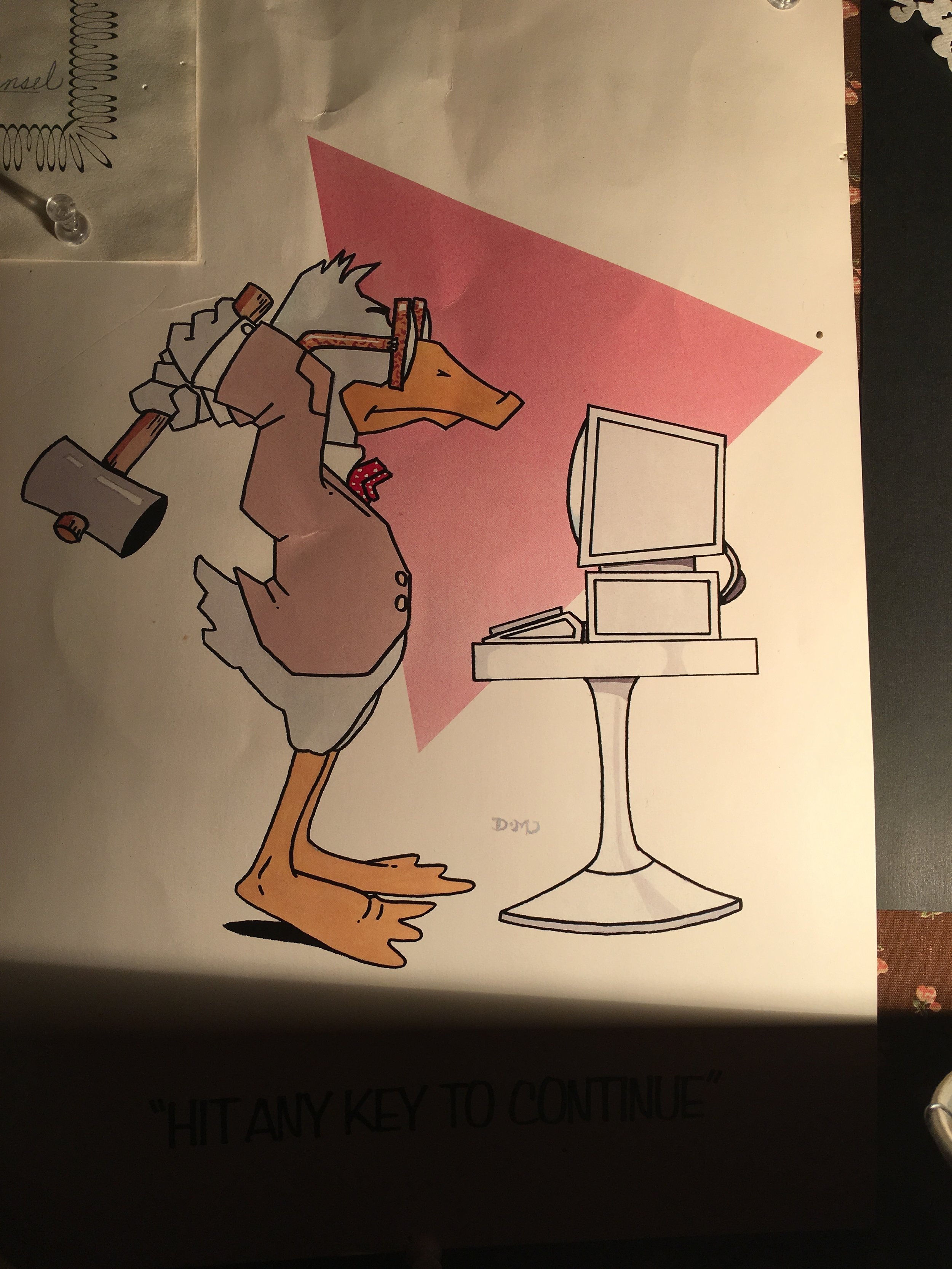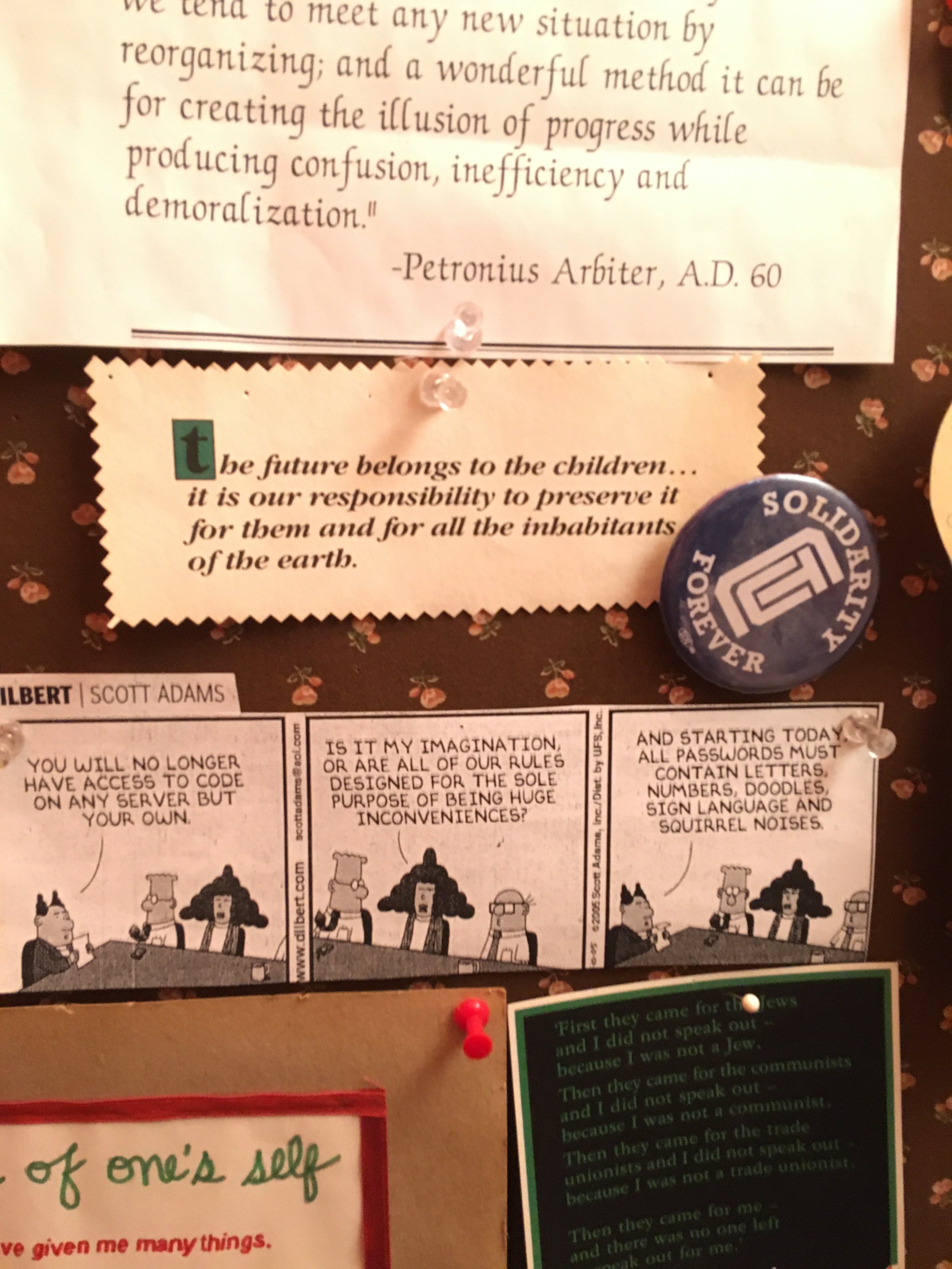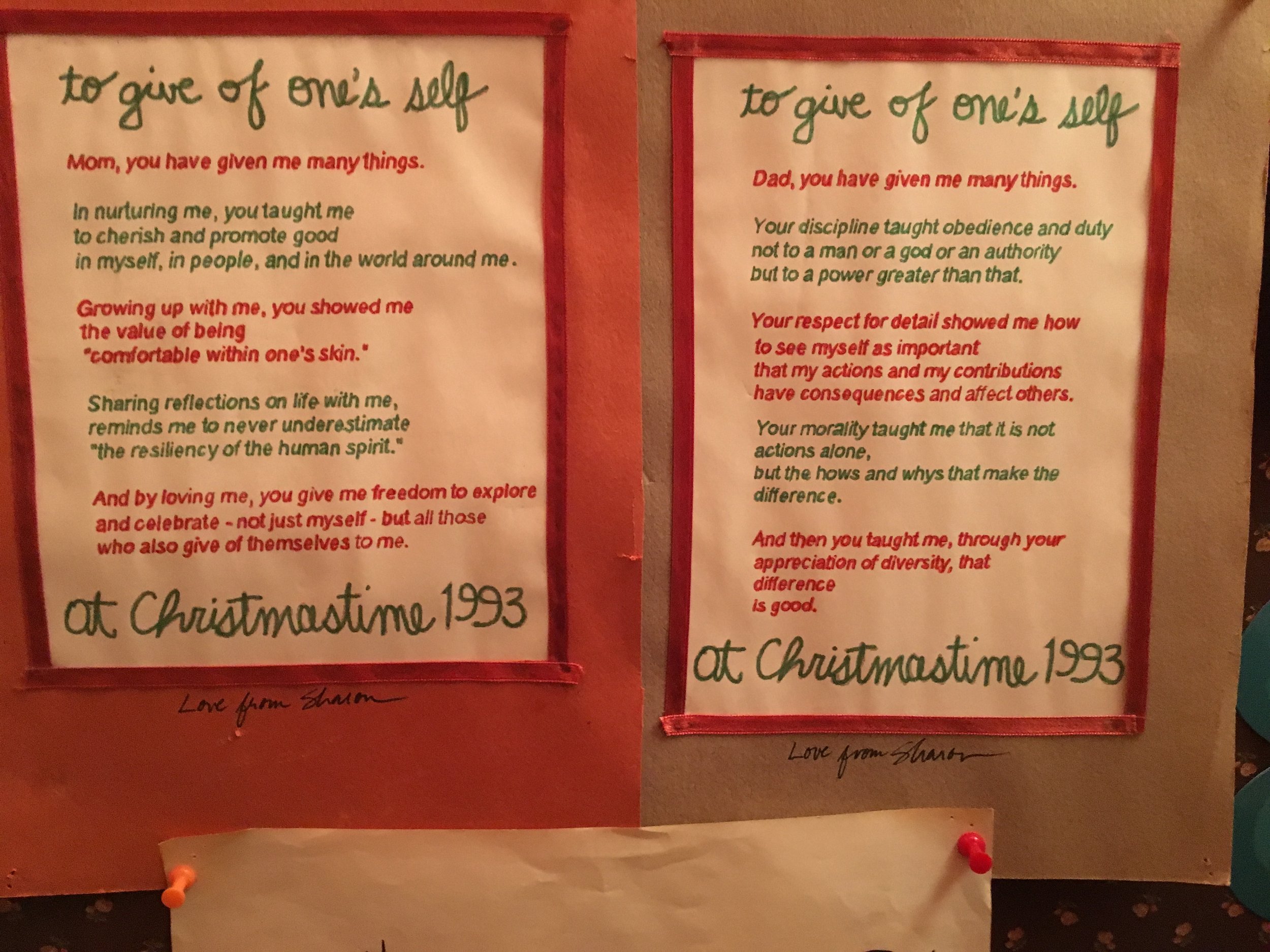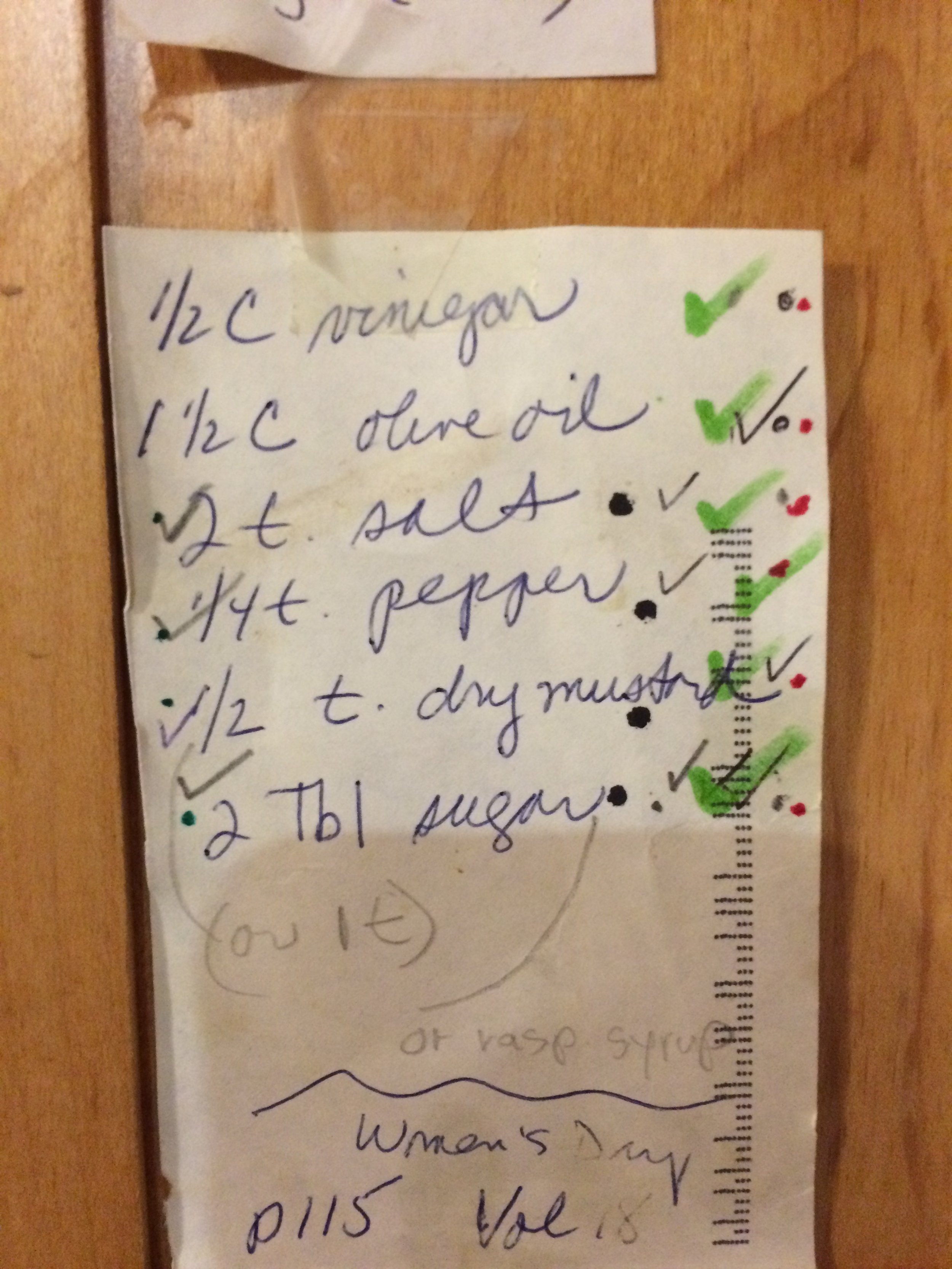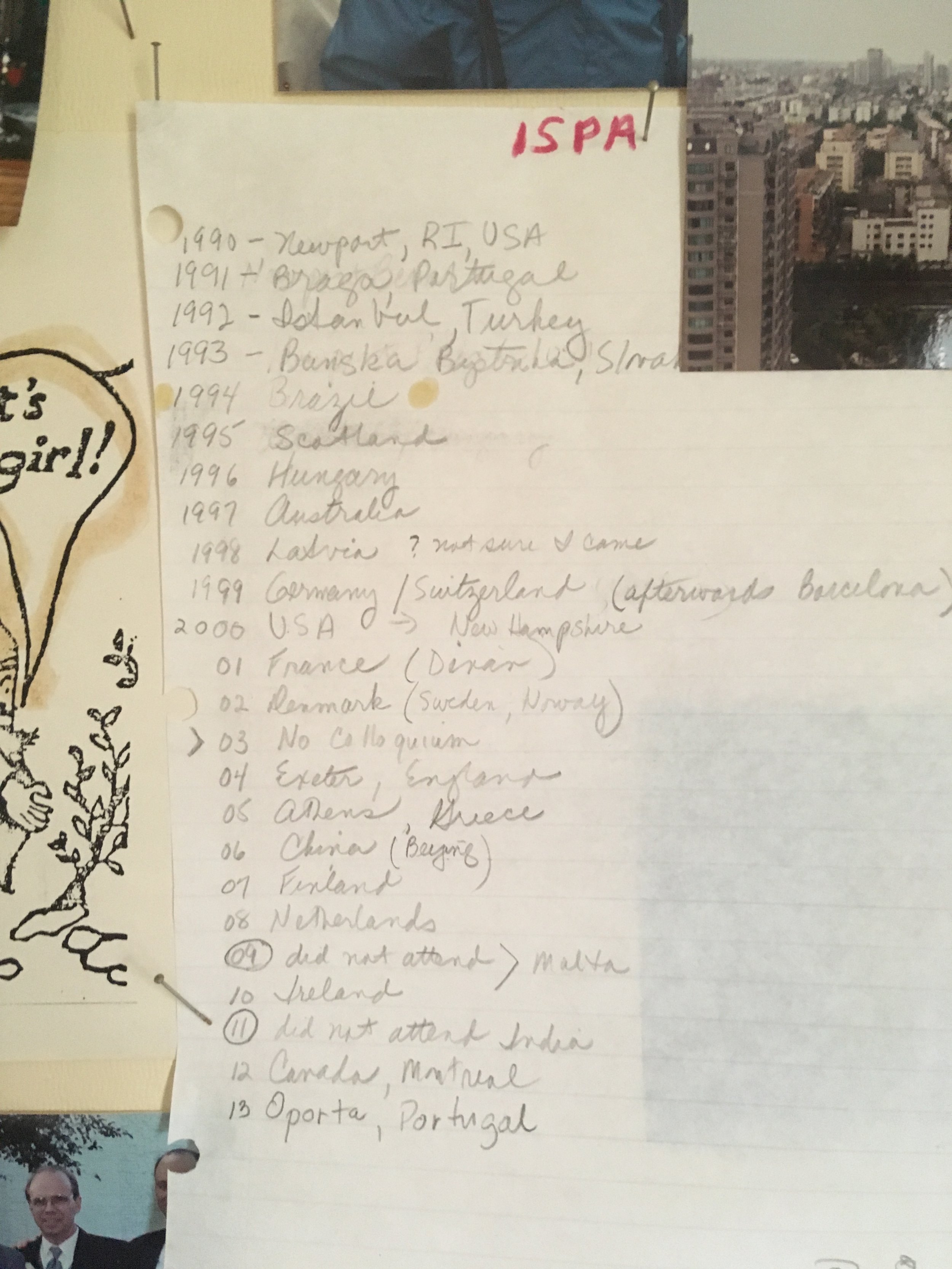I am grateful for an extra day of Black History Month.
I’m grateful for this year’s extra day, February 29, 2024, so that I can still reflect upon Black History Month and what I discovered spending some February days in the house where I grew up.
On February 4th, I packed up my computer and the baby in our family, Odin, and Sam backed us out of the driveway and turned the car north towards Cleveland. Since it’s Black History Month, I’ll point out that this is the general direction and terrain crossed by many Black freedom seekers. Prior to the Civil War, my current hometown of Hudson was an active link on the Underground Railroad, and Cleveland was known as Station Hope.
I spent the next several days with my dad eating home-cooked meals, walking through the near west side of Cleveland, and watching Love on the Spectrum at 10 pm each evening. His time and company was life-affirming at a time when I needed my life affirmed, but not actually what I am wanting to write about today.
Rather, I want to share a few of the artifacts that I discovered in the museum that is my mom’s office. They brought this year’s appreciation of Black History Month home to my heart.
My mom is dying from living with Alzheimer’s Disease. Here we are visiting during my February 2024 stay in Cleveland.
My mom and me with our heads close together, both looking directly at the camera and wearing shades of blue, which was my mom’s mom’s favorite color.
Feeling like a houseguest in my own childhood home, I creaked open the door to my mom’s office that has stood virtually untouched since we moved her to a Memory Care Community in the before-days of 2019.
A couple years before that, my parents’ house was broken into and the intruders hit her office pretty hard: knocking furniture over, pulling files out of drawers, and dumping out boxes in a quick search for valuables. She had been very upset about this, understandably, especially because she couldn’t really understand who/when/why her office had been ransacked. She also didn’t have the executive functioning to put everything back where it belonged, and nobody else had the emotional energy for it. So the room remains in that vaguely chaotic state, with her papers, photos, books and other special things strewn about. And on my dad and my “to-do” list.
Even if it hadn’t been vandalized, that room would have a lot going on inside. My mom was one to post things up. Never on social media, but on the refrigerator, on various bulletin boards throughout the house, and on the walls. The walls of her office and her laundry room are covered with papers and sundry clippings, each of which meant something to her. This was true even before AD, but the manner of postings progressed with the disease.
As I looked around the room, my attention was pulled in various directions, but ultimately drawn to this cut-out taped to the window frame.
A newspaper clipping that lists a variety of inventions that came from the mind of an African American.
When I stepped closer to read it through (you should read it through, too!), it made me feel close to my mom, who had spent her career as a School Psychologist in the Cleveland Metropolitan School District, the second-largest public school system in Ohio serving mostly Black families.
Here was something she felt called to put up on the wall, and I was glad she did because I learned something. Being honest, the content creator had me at “ice cream.” Sold on Black genius, hard stop. But I kept on reading until I was delighted to think about the lemon squeezer, which is one of my prized possessions, as a contribution of Black Americans. I use one like the picture below every. single. day.
My lemon squeezer was one thing I packed in my bags and brought from home to my dad’s house in Cleveland because I wasn’t willing to take the chance that he didn’t have one.
(He didn’t.)
The lemon squeezer is one of the best gifts my children have bought me, twice. Thanks, kids. This past Christmas they actually gifted me the same lemon squeezer for the second time. Anything used every day will eventually need replaced.
The situation before I got this lemon squeezer was not great. I was cutting lemons in quarters, using my hands to squeeze the juice through a tea strainer, which served the purpose of catching the seeds.
So, thank you, John Thomas White, for the lemon squeezer. I found the inventor’s name, along with this little animation, created as one gift among many that make up the #blackpatentproject, which I strongly suggest you check out. So, thank you, also, Bria M. Royal.
Thank you, Mom, for taping that list to your window. And for raising me to believe Black women. The woman who taught me to read when I was in primary school was a Black woman — and she figuratively opened up the world for me and set me on the path to become a reader, a writer, a scholar.
The person who hired me as a student worker my first year of college, trained me up on how to run the Bunn coffeemaker and keep the ice cream scoop in hot water, and then gave me my first promotion was a Black woman. She developed my potential, entrusted me with the Jitters (another story for another time), and opened my mind to entrepreneurial thinking.
When I graduated from college, my mom gave me a book entitled “The Measure of Our Success,” written by a Black woman. And, while it may be a case of confirmation bias, did this book also continue me on my path? I now spend my professional time thinking about what specifically is meant when we say “Measure,” when we say “Our,” when we say “Success.”
Some of the people I learned the most with and from in graduate school, including my instructor in Research Methods, were Black. I hope I will never forget the importance of binding all behavioral incidence measures within a specific time frame (e.g., in the past thirty days) AND the importance of differentiating research and evaluation AND when collecting qualitative data never to assume you know what people mean when they say a familiar word. “Sharon, you should have asked them what they meant when they said empowerment.”
Yes. Yes, I should have.
As my mom is no longer verbal or physically able, I find myself embracing that she is. Not what she does. Not what she says. But that she is. She is: the history of every good thing in life that I have opened myself up to receive.
I needed the entirety of 29 days of February to reflect on both Black History Month and my mom.
What those two have in common is discovery. I am continuing to realize as a full grown woman all the imperceptible and unarticulated ways that mothers shape our lives, that my mother shaped my life. Standing quietly in the room that holds her historical archives this February helped me feel that.
And my personal truth there is connected to what Black History Month can be: a time for us to uncover and discover. To continue realizing as a collective, grown-ass American society the contributions of Black people across history, in the trajectory of our shared culture, and in our every day. It’s not hard to get grateful about this. It’s actually as simple and delicious as ice cream.
I will close with just one more thing I learned this February of 2024.
Alongside several other career awards prominent on her mantel, this video pans across my mom’s diploma from Kent State University.
She was a student there in the late 60s — graduated in 1970, as a matter of fact. She was circling around the epicenter of a place at a time of major happenings. My dad wrote a little profile of her when we moved her to her first Memory Care Community. Here’s an excerpt that I really took to heart.
“Joanne also throughout college and continuing on the Near West Side (of Cleveland) protested the war in Vietnam and was active in a variety of social movements. While at Kent she drove a tiny Fiat. In the back was an assortment of protest signs in case she happened upon a demonstration.”
Ok, so what I learned this year was that around the same time that my mom was a student at Kent State, a number of other students at Kent were making Black history. Actually.
The history of Black History Month can be traced to Kent State University: in 1970, after a year of planning, Kent State’s Black United Students commemorated the entire month of February for the first ever Black History Month.
Perhaps my last sentence is a little cliche, but I’m typing it anyways and then posting this blog before the sun goes down:
Life is about finding your connections.



